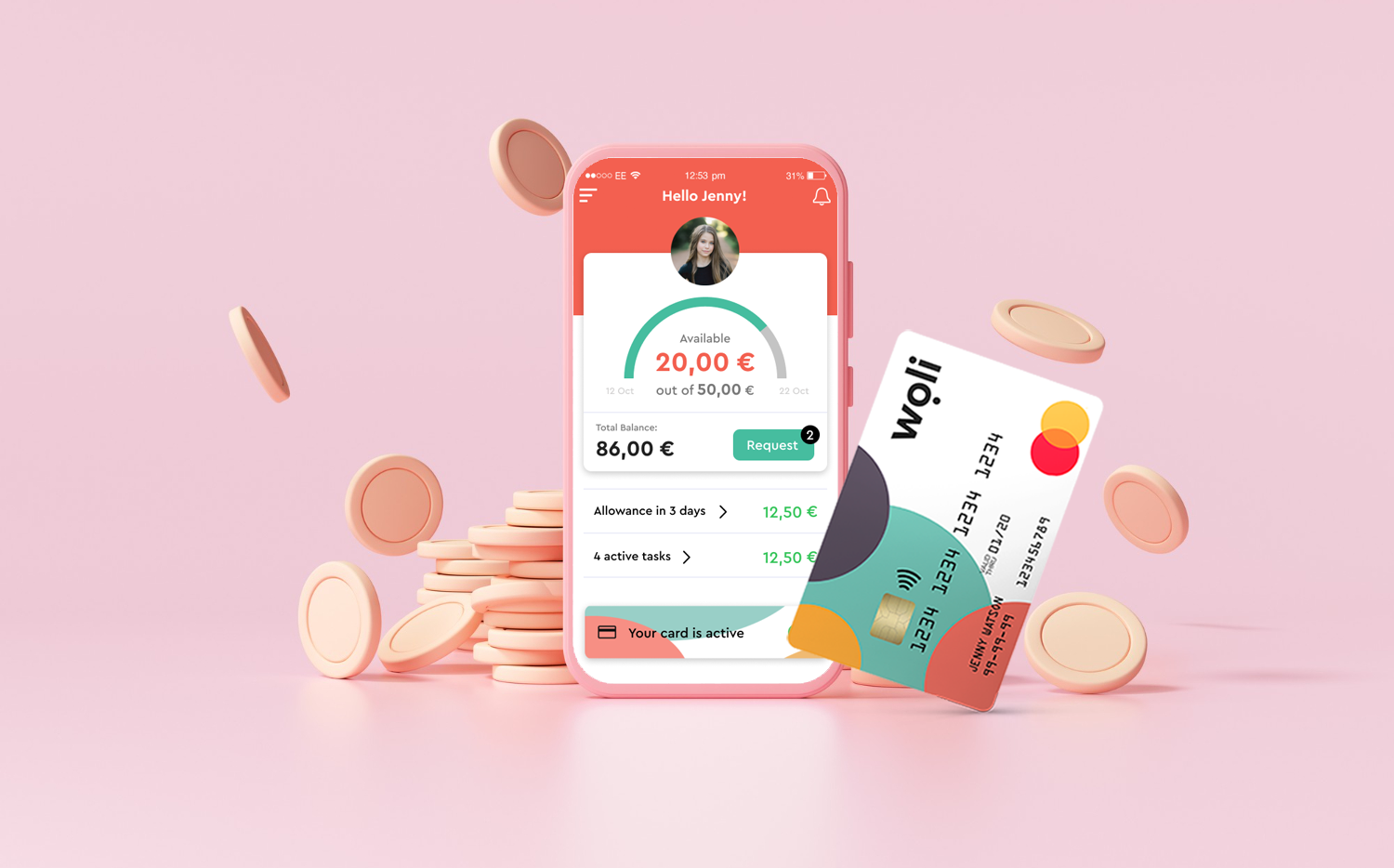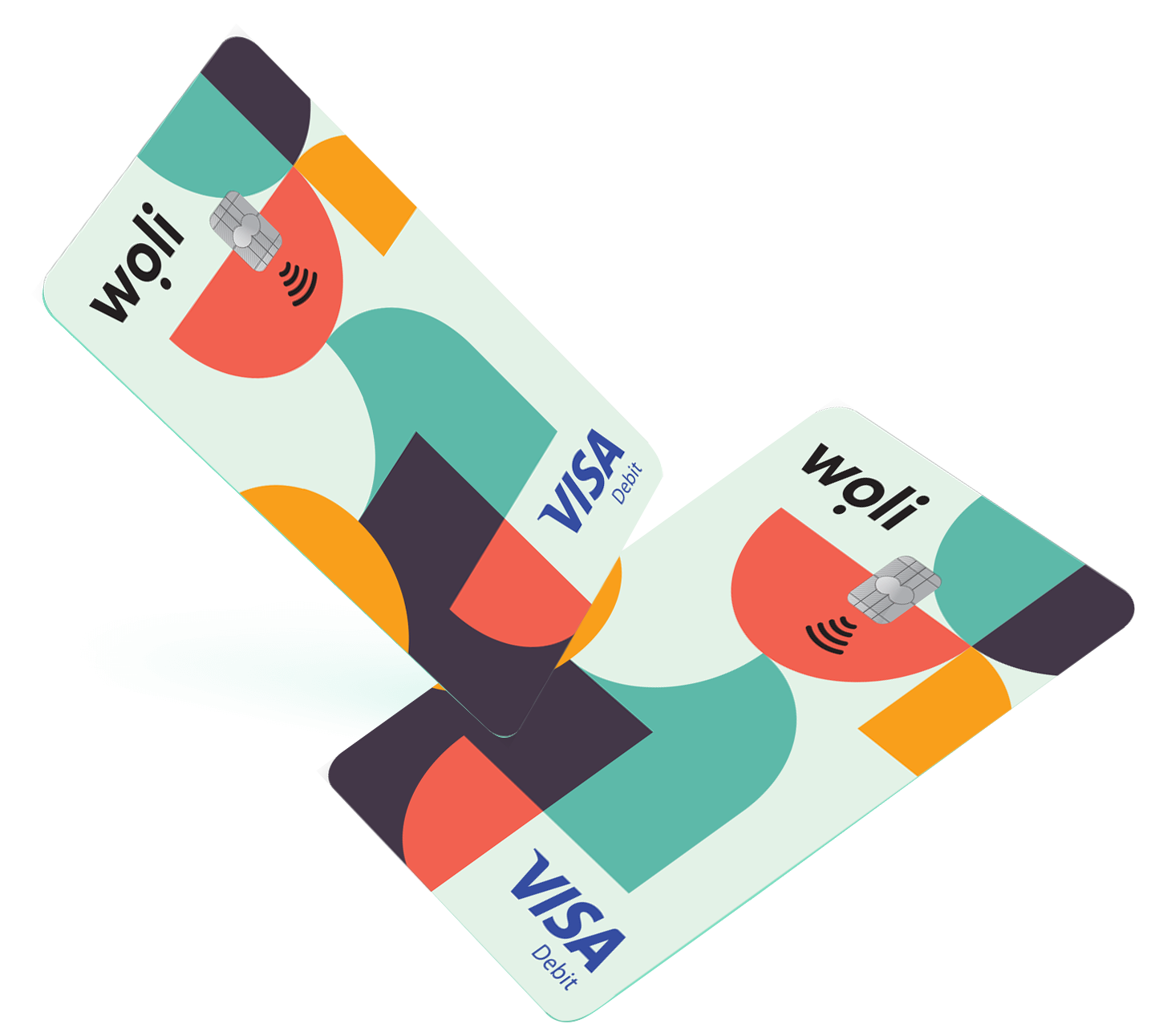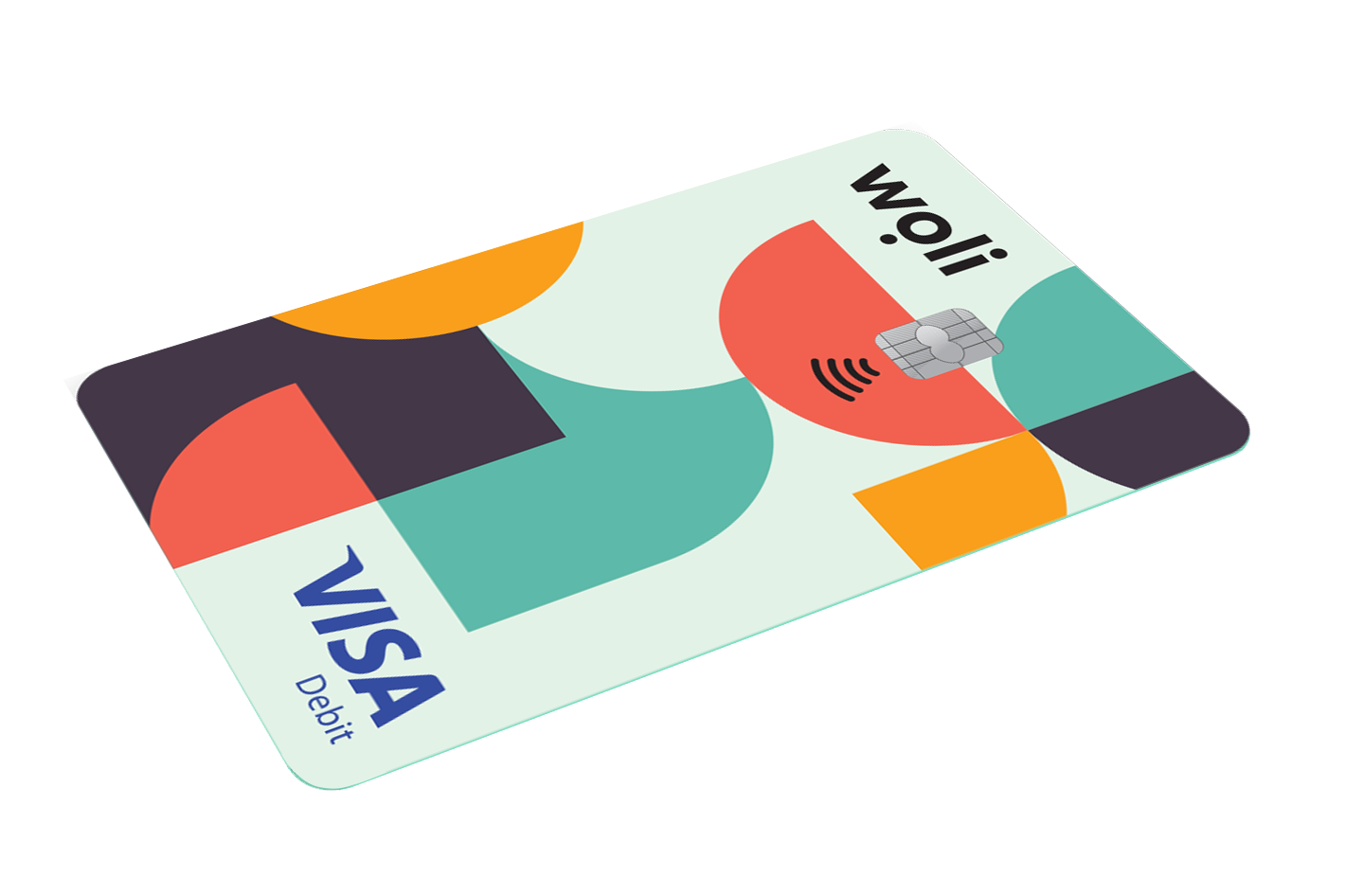Financial literacy, banking, money management, or however you want to call, has become a hot topic in education circles. Why? Because educators and parents alike are beginning to weigh the benefits of children learning more about money at a younger age.
According to the Organisation for Economic Co-operation and Development (OECD), “financial literacy is a core life skill for participating in modern society”, and this is especially true as we transition towards a cashless payments network.
Wouldn’t it be nice if school taught us how to calculate taxes, how a credit card works or how to budget for a project?
It might come in handy when at 18 years old, we take up a student loan, pay our bills, and are called to do our taxes. And yet, among students in OECD countries (2015 PISA test in financial literacy), fewer than 33% of them had the knowledge and skills that are essential for managing a bank account or a financial task of similar complexity.
Digital wallets, like Woli, play an important role in encouraging kids to spend and save responsibly, while also exposing them to habits like earning money, or contributing to social causes via donations. Children’s actions through their mobile wallet open the conversation about the value of money, and how a lot of things work in the financial world.
In Woli, we believe that it is extremely important to also support children with educational resources, and that is why we created Woli Academy. Through interactive lessons, kids can learn, and always refer back to, everything money related – from financial terms to the benefits and risks of more complex financial products.
Empower your kids with the knowledge you wish you had when you were younger, and give them the platform to build their confidence in dealing with money.









